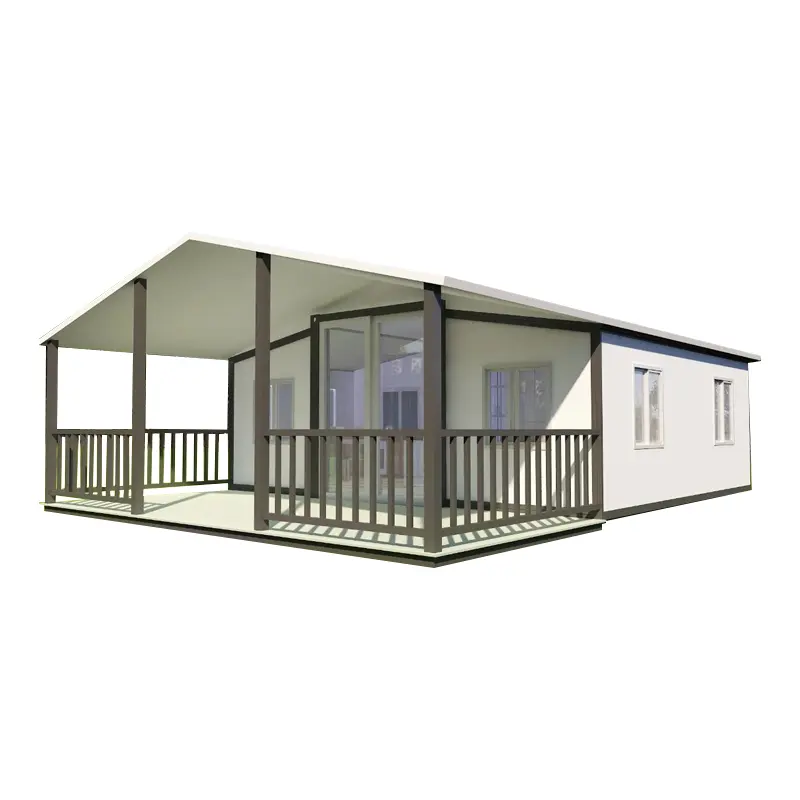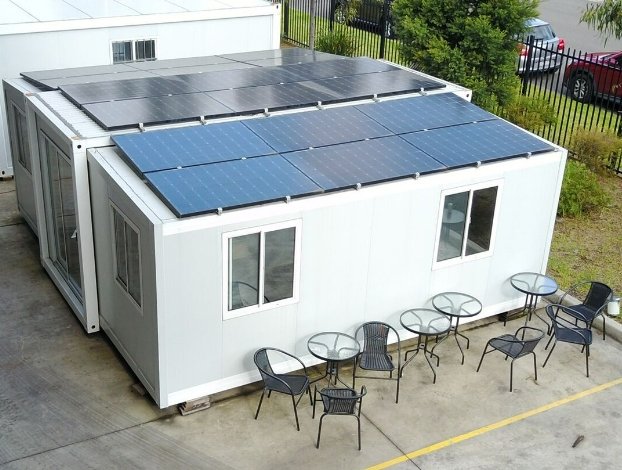Container-Converted Cafés: Sustainable Coffee Experiences
Cafés have become an indispensable part of modern social culture. However, to stand out in a highly competitive market, an increasing number of cafes are adopting distinctive architectural and design elements. Container-converted cafes have garnered attention due to their unique approach, not only offering a refreshing coffee experience but also showcasing the potential of sustainable architecture.
Unique Appearance and Design
Container-converted cafes are renowned for their striking exterior and design. They transform discarded shipping containers into impressive cafe spaces. Thanks to the robust structural features of containers, customization options are abundant, allowing for a variety of unique looks. From minimalist industrial aesthetics to vibrant and colorful designs, container cafes provide an array of choices to entice customers.
Exemplifying Sustainable Architecture
Container-converted cafes highlight the potential of sustainable architecture. Essentially, these cafes repurpose waste containers, contributing to the reduction of construction waste. Furthermore, they often incorporate eco-friendly materials like recycled wood, energy-efficient lighting systems, and solar panels, minimizing energy and resource wastage.

Innovative Urban Planning
Container-converted cafes positively impact urban planning. They can be flexibly placed in various urban settings, including parks, street corners, waterfronts, and shopping centers, injecting fresh elements into cities and attracting more people to these locations. This innovative approach to urban planning enhances social and cultural atmospheres in cities.
Social and Cultural Hubs
Container-converted cafes go beyond serving coffee and snacks; they become centers for social and cultural activities. Many of them host live music performances, art exhibitions, lectures, and community events, drawing individuals of different ages and interests. These cafes foster community gatherings, promoting social interactions and cultural exchange.
In summary, container-converted cafes represent a new trend in coffee culture. Their unique aesthetics, commitment to sustainable architecture, and innovative approach to urban planning provide visitors with a distinctive coffee experience. The fusion of this sustainable building model with social and cultural interaction makes container cafes an integral part of contemporary urban life, offering a space for friends, family, and communities to connect while emphasizing the importance of sustainability.
